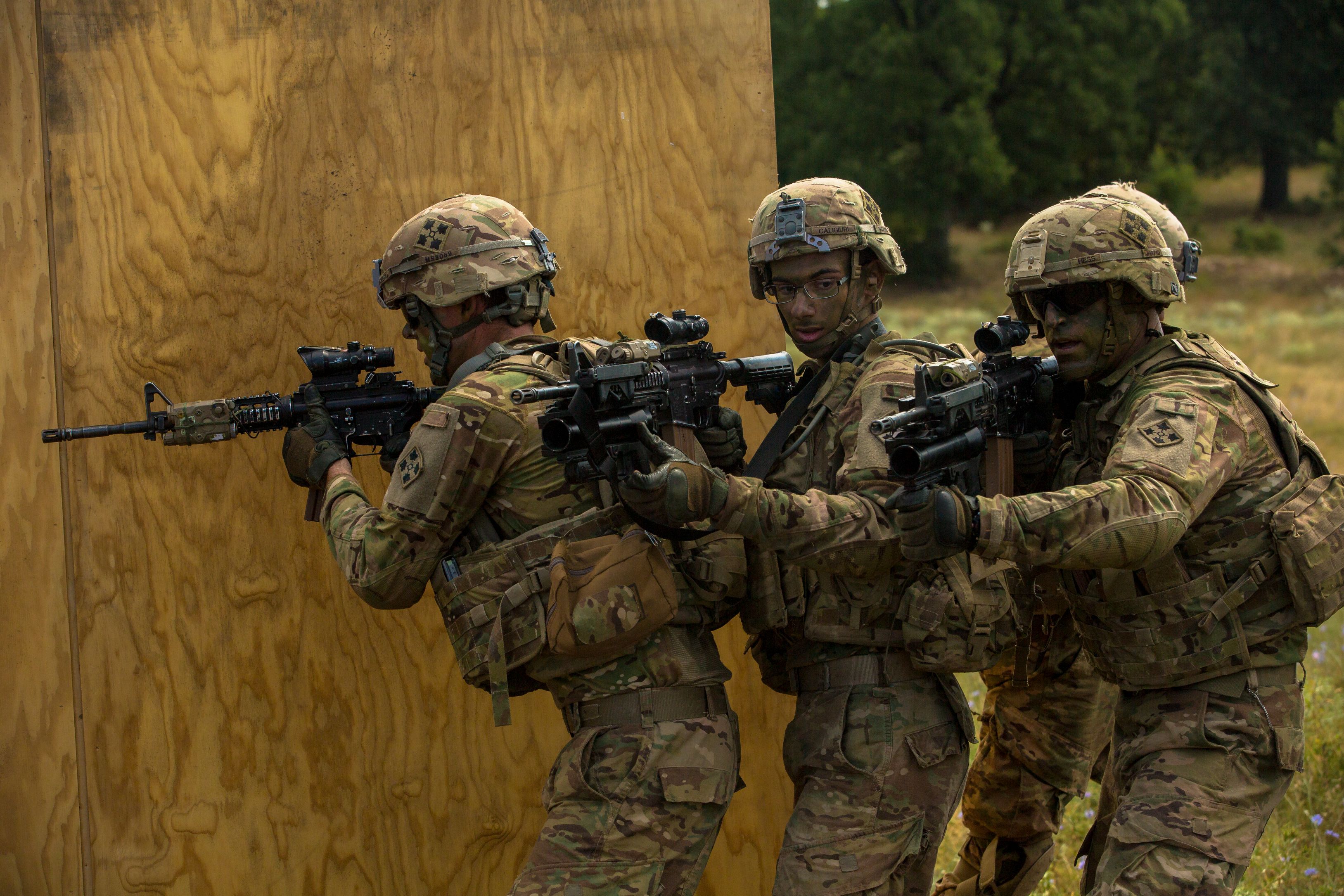The West faces a challenge to prevent further conflict in the Balkans, as Serbia, with Russia’s backing, has increased military tensions with Kosovo. The recent Serbian military buildup at the Kosovo border, coupled with a history of unrest and provocative actions, signals a serious escalation in the region. NATO’s involvement is crucial to deter further destabilization, with calls for a decisive response to Serbian aggression and a stronger NATO presence in the Balkans.
Key Points:
- Serbia has recently intensified its military presence on the border with Kosovo, raising concerns about a potential armed conflict.
- The U.S. has called for immediate de-escalation, but underlying tensions remain, with incidents of violence and political rhetoric exacerbating the situation.
- Russia is seen as a key influencer in the region, providing Serbia with energy and military support, and using information campaigns to stir ethnic and religious tensions.
- NATO’s historical role in maintaining peace in Kosovo is being tested, and there is a need to reinforce NATO’s commitment to prevent a resurgence of hostilities.
- The West, particularly NATO, must establish clear redlines and be prepared to impose sanctions and increase military presence to ensure stability in the Balkans.
Source: https://www.foreignaffairs.com/eastern-europe-and-former-soviet-union/russias-second-front-europe






